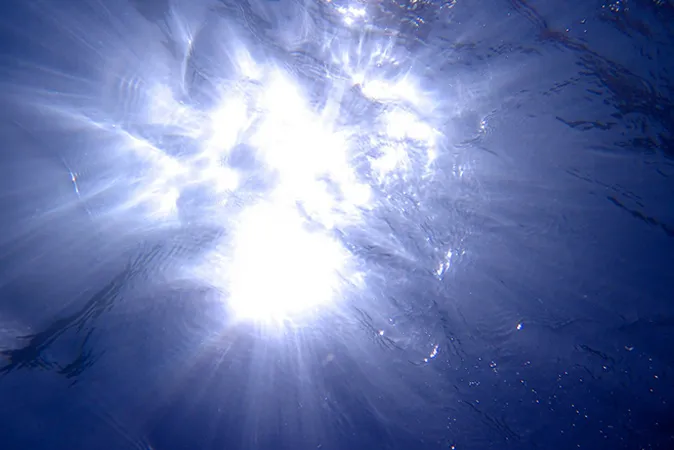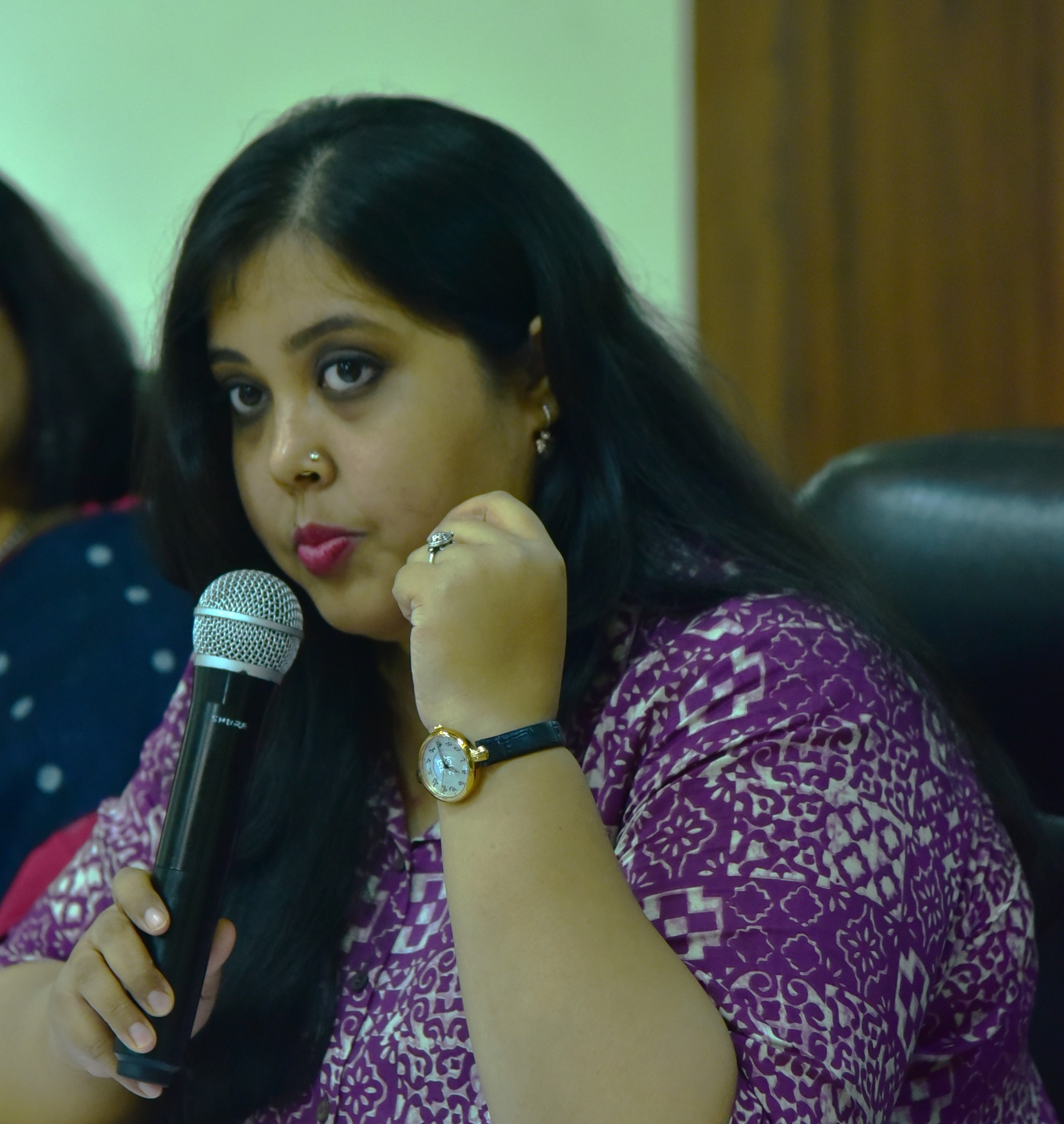-
CENTRES
Progammes & Centres
Location
Prioritisation of any one aspect — economic, social or environmental — would chart a lopsided course of development.

This article is part of the series — Post-Pandemic Development Priorities.
Because of its vast oceans, the earth has often been referred to as the ‘blue marble.’ Providing 99 percent of the planet’s living space, oceans are rich repositories of hydrocarbons and also serve as a medium of inexpensive and energy-efficient transportation. Oceans are a major source of economic activity and contribute to approximately 5 percent of the world’s GDP. Activities such as fishing ensure food security and, thus, oceans play an important social role. Oceans are also critical for the environment, as they are primary regulators of climate. Prioritisation of any one of these aspects — economic, social or environmental — would chart a lopsided course of development. Indeed, the increasing demand for marine resources in recent years has put pressure on the oceanic ecosystems resulting in the need for the oceans to be nurtured through a balanced combination of all the three perspectives.
Responding to this need, the concept of a ‘Blue Economy’ (term first used by Gunter Pauli in 2004), underscores a marine-based economy the goal of which is sustainable development and in which socio–economic growth is disengaged from environmental degradation. It views oceans as development spaces — balancing conservation with resource extraction. Inspired from nature where there is no ‘waste product,’ the Blue Economy strives to respond to the basic needs of all species by converting what is waste for one species into nutrient for another. It is based on a local system of production and consumption and seeks to engage in innovative business models, which promote equity in access to resources, participation in its development and in the sharing of benefits.
The pursuit of economic activities which are reliant on marine resources are tied directly with the United Nation’s SDG 14, which emphasises the sustainable exploitation of oceans, seas and marine resources in order to secure sustainable development.
The Blue Economy and the Sustainable Development Agenda 2030, adopted by the United Nations in 2015, are mutually aligned with the former catering to many of the latter’s seventeen goals — called the Sustainable Development Goals or SDGs, ranging from ‘Responsible Consumption and Production’ to ‘Climate Action.’ The pursuit of economic activities which are reliant on marine resources are tied directly with the United Nation’s SDG 14, which emphasises the sustainable exploitation of oceans, seas and marine resources in order to secure sustainable development.
While it is believed that a significant volume of activities relating to the blue economy in India are underreported, presently, it comprises about 4.1 percent of the country’s economy with fishing, off-shore oil drilling and deep-sea mining making up the bulk of such activities. The Indian Ocean Region (IOR) houses an abundance of natural resources offering tremendous economic opportunities with fishing and minerals estimated to be the most commercially viable ones. An area just over 2 million square kilometres of maritime space is available to the country of which about 1.5 kms has been explored so far along the Arabian Sea and the Bay of Bengal.
India’s flagship initiatives, Sagarmala and Make in India, can become the key drivers for harnessing the potential offered by the seventh-longest coastline in the world in keeping with the tenets of SDG 14. With asymmetries concerning levels of development, political structures and deep-rooted cultural mores, India faces daunting challenges with respect to meeting the scope of blue economic endeavours. Undoubtedly, this makes it all the more vital to create and establish systems of blue economy governance geared towards striking the required balance for the achievement of sustainable growth.
It is also important for multilateral efforts to supplement those of individual countries at transitioning towards sustainable exploitation of marine resources. Without blue economy development finding its way into foreign policy approaches, such projects would fall short of creating any amount of substantial impact for the world’s ocean resources.
Without blue economy development finding its way into foreign policy approaches, such projects would fall short of creating any amount of substantial impact for the world’s ocean resources.
In the IOR, the Indian Ocean Rim Association (IORA) has been, since 2014, implementing capacity building programmes across a host of areas including, but not limited to, sustainable management and development of fisheries resources, fish trade, marine spatial planning, ocean forecasting/observatory, and renewable energy. These measures are encapsulated in the IORA Action Plan 2017-2021 and are equipped to augment blue economy development among member countries. Additionally, the IORA Indian Ocean Blue Carbon Hub aims to build knowledge and restore blue carbon ecosystems, which in turn would create better livelihoods and enhanced climate-change resilience. Similarly, the blue economy has been a central point of cooperation among BIMSTEC and ASEAN member states with plans for setting up an Intergovernmental Expert Group to develop an action plan on the blue economy and the hosting of stakeholder exchanges designed to make way for the establishment of a better understanding of the concept and, thereby, devise informed policies for implementation.
Together with responsive governance structures and compatible foreign policy mechanisms, going forward, blue economy strategies need to factor in applications of technology which are poised to rapidly and significantly alter contemporary modes of conducting business and providing services. With COVID-19 ushering in paradigmatic shifts on a global scale, blue economy development will also require a cohesive framework involving partnership among all stakeholders and, thereby, ensuring inclusive progress for all.
The views expressed above belong to the author(s). ORF research and analyses now available on Telegram! Click here to access our curated content — blogs, longforms and interviews.

Pratnashree Basu is an Associate Fellow, Indo-Pacific at Observer Research Foundation, Kolkata, with the Strategic Studies Programme and the Centre for New Economic Diplomacy. She ...
Read More +
Sohini Bose is an Associate Fellow at Observer Research Foundation (ORF), Kolkata with the Strategic Studies Programme. Her area of research is India’s eastern maritime ...
Read More +